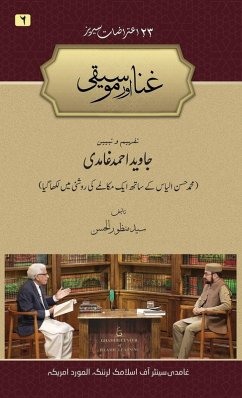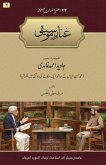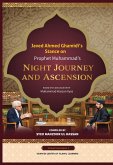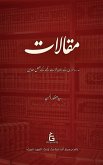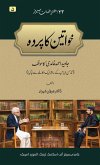Poetry is the adornment of speech, and music is the adornment of voice. Regarding such adornments, Allah has informed us that they are created for His believing servants. Allah has neither imposed any prohibition on them nor encouraged indifference toward them. Like other forms of beauty and pleasure, poetry and music are also permissible. People may enjoy them for relaxation and delight, or they may harness their power to enhance education, moral training, and the delivery of messages in a more impactful way. In our society, it is commonly believed that the Qur'an and Hadith declare music to be forbidden. However, this belief is not accurate. The Qur'an does not mention any prohibition of music. The Hadith, when studied carefully, also make it clear that music is lawful. Nowhere in the Shari'ah is it declared haram. In fact, several narrations describe that musical expressions and instruments were presented in the presence of the Prophet Muhammad (peace be upon him) on various occasions, and he did not forbid them. At times, he listened to them, allowed others to listen, and even deemed their use necessary for certain events. These narrations also indicate that the Prophet (peace be upon him) warned about two aspects related to music. First is the enchanting nature of musical melody, and second is the content of the poetry or lyrics used within it. If these two aspects are not properly considered, music can influence the soul negatively, leading it toward moral weakness and wrongdoing. Thus, the Islamic stance on music is not of blanket prohibition but of mindful engagement. When used with awareness and good intent, music-like poetry-can serve as a powerful tool for both joy and meaningful expression, as well as for education and communication.
Bitte wählen Sie Ihr Anliegen aus.
Rechnungen
Retourenschein anfordern
Bestellstatus
Storno

